Applications of Cutting-Resistant Tungsten Wire in the Semiconductor Field
- Details
- Category: Tungsten Information
- Published on Monday, 10 March 2025 19:29
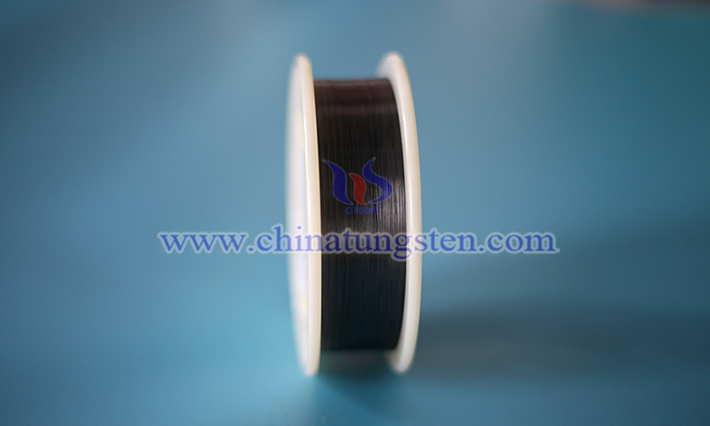
The applications of cutting-resistant tungsten wire in the semiconductor field primarily benefit from its high strength, wear resistance, fineness, and excellent performance in precision machining. Its uses are mainly concentrated in areas such as wafer preparation, precision machining, and packaging testing.
Applications of Cutting-Resistant Tungsten Wire in the Medical Field
- Details
- Category: Tungsten Information
- Published on Monday, 10 March 2025 19:26
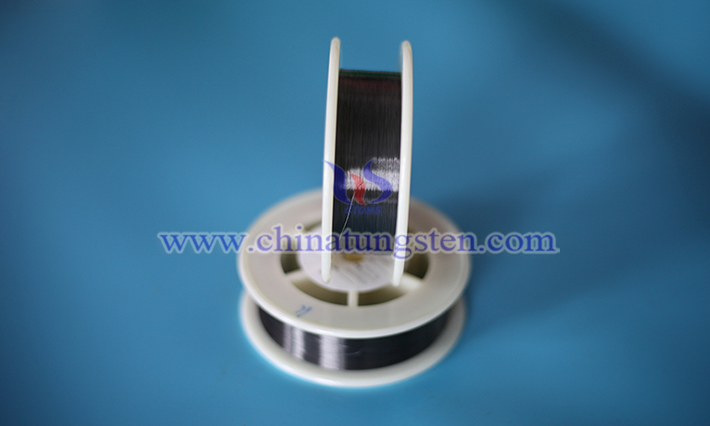
The applications of cutting-resistant tungsten wire in the medical field primarily stem from its high strength, corrosion resistance, biocompatibility, and excellent performance in precision machining. Below are some specific applications in the medical domain:
Applications of Cutting-Resistant Tungsten Wire in the Industrial Sector
- Details
- Category: Tungsten Information
- Published on Monday, 10 March 2025 19:21
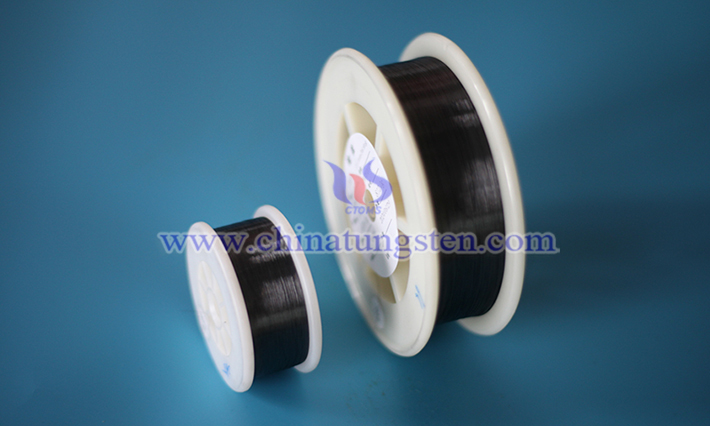
Tungsten wire with high cutting resistance (i.e., tungsten wire with excellent durability against cutting) plays a significant role in industrial applications requiring high precision and durability, thanks to its high strength, heat resistance, and corrosion resistance. Its applications span from precision manufacturing to heavy industry, making it an indispensable material in modern industrial settings. Below are some of the primary applications of cutting-resistant tungsten wire in the industrial sector:
Cut-Resistant Tungsten Wire: Usage Scenarios
- Details
- Category: Tungsten Information
- Published on Monday, 10 March 2025 19:16
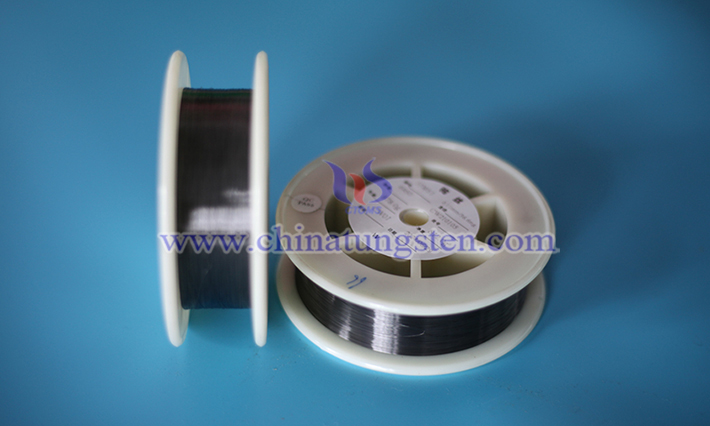
Tungsten is a high-melting-point metal (melting point: 6192°F), renowned for its high tensile strength and low vapor pressure, which enable it to perform exceptionally under extreme conditions. In particular, tungsten wire retains rigidity even at small diameters, making it indispensable in precision applications.
Application Areas of Cut-Resistant Tungsten Wire
- Details
- Category: Tungsten Information
- Published on Monday, 10 March 2025 19:13
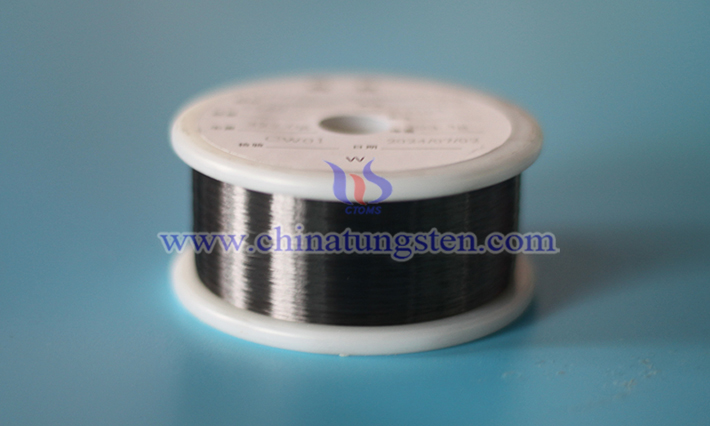
Cut-resistant tungsten wire is a specially treated or modified tungsten-based material with exceptional resistance to cutting, wear, and high temperatures, making it suitable for scenarios involving high mechanical stress or extreme environments. Its primary application areas include:
Applications of Cut-Resistant Tungsten Wire
- Details
- Category: Tungsten Information
- Published on Monday, 10 March 2025 19:10
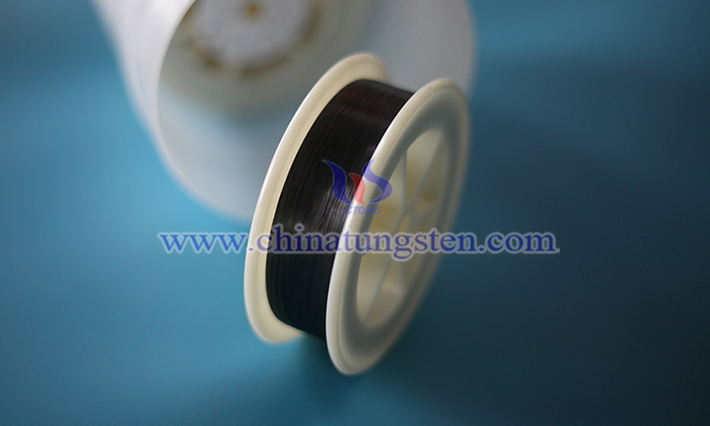
Cut-resistant tungsten wire is widely used across various industries due to its exceptional tensile strength, high-temperature stability, and capability for ultra-fine diameter processing. Below are its primary applications:
Environmental Benefits of Cut-Resistant Tungsten Wire
- Details
- Category: Tungsten Information
- Published on Monday, 10 March 2025 14:55
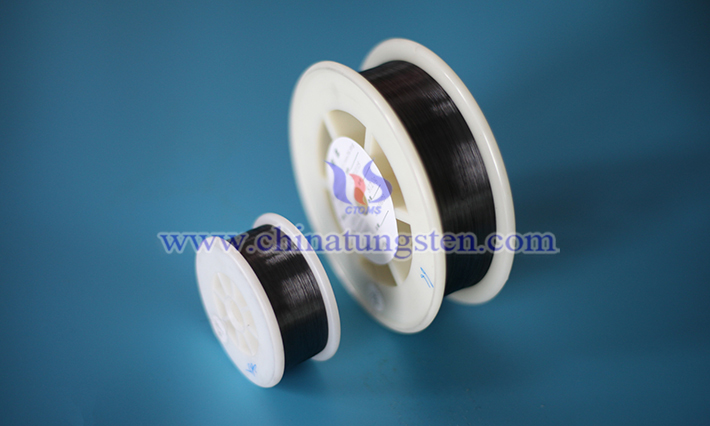
As a high-melting-point, durable material, cut-resistant tungsten wire is widely used in photovoltaic silicon wafer cutting, electrical discharge machining (EDM), precision mechanical processing, and nuclear shielding. Based on its material properties, production processes, and practical applications, its environmental benefits are highlighted in the following aspects:
Environmental Adaptability of Cut-Resistant Tungsten Wire
- Details
- Category: Tungsten Information
- Published on Monday, 10 March 2025 14:48

The environmental adaptability of cut-resistant tungsten wire refers to its ability to maintain superior performance under various extreme or specific environmental conditions. Through special processes or doping elements, cut-resistant tungsten wire enhances mechanical properties and durability, allowing it to perform well in environments with high temperatures, corrosion, mechanical stress, electromagnetic interference, and biocompatibility. Below is a detailed explanation of its environmental adaptability:
Tensile Strength of Cut-Resistant Tungsten Wire
- Details
- Category: Tungsten Information
- Published on Monday, 10 March 2025 14:43
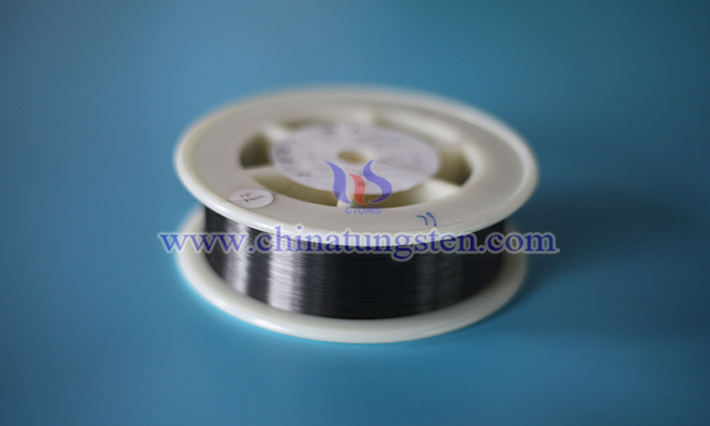
The tensile strength of cut-resistant tungsten wire is a critical performance indicator, particularly in applications demanding high strength, wear resistance, and stability at elevated temperatures. Tungsten wire is widely valued for its high melting point and excellent electrical conductivity, and cut-resistant tungsten wire enhances these properties further through specialized processes or the addition of doping elements. Below is a detailed explanation of its tensile strength:
Quality Certification for Cut-Resistant Tungsten Wire
- Details
- Category: Tungsten Information
- Published on Monday, 10 March 2025 14:39
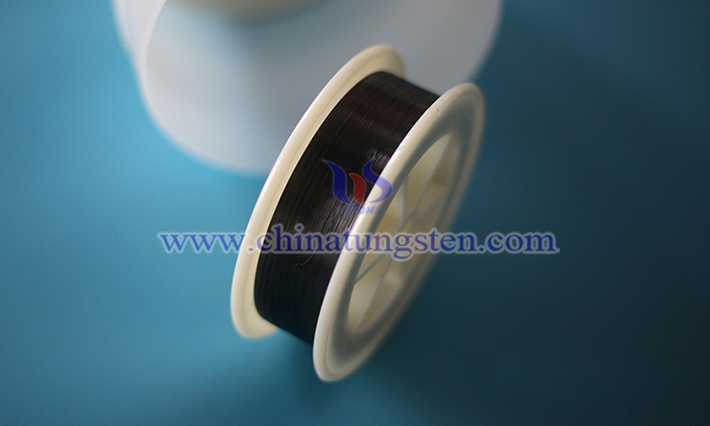
The quality certification for cut-resistant tungsten wire involves a series of rigorous tests and evaluations to ensure that the wire not only possesses cut-resistant properties but also meets specific performance standards and safety requirements. Tungsten wire, known for its high melting point and exceptional strength, is commonly used in high-temperature and high-pressure environments, such as in light bulbs, electrodes, and welding equipment. The "cut-resistant" characteristic requires the tungsten wire to exhibit enhanced durability and resistance to fracture when subjected to mechanical stress. Below are the key aspects that may be involved in the quality certification process:


 sales@chinatungsten.com
sales@chinatungsten.com